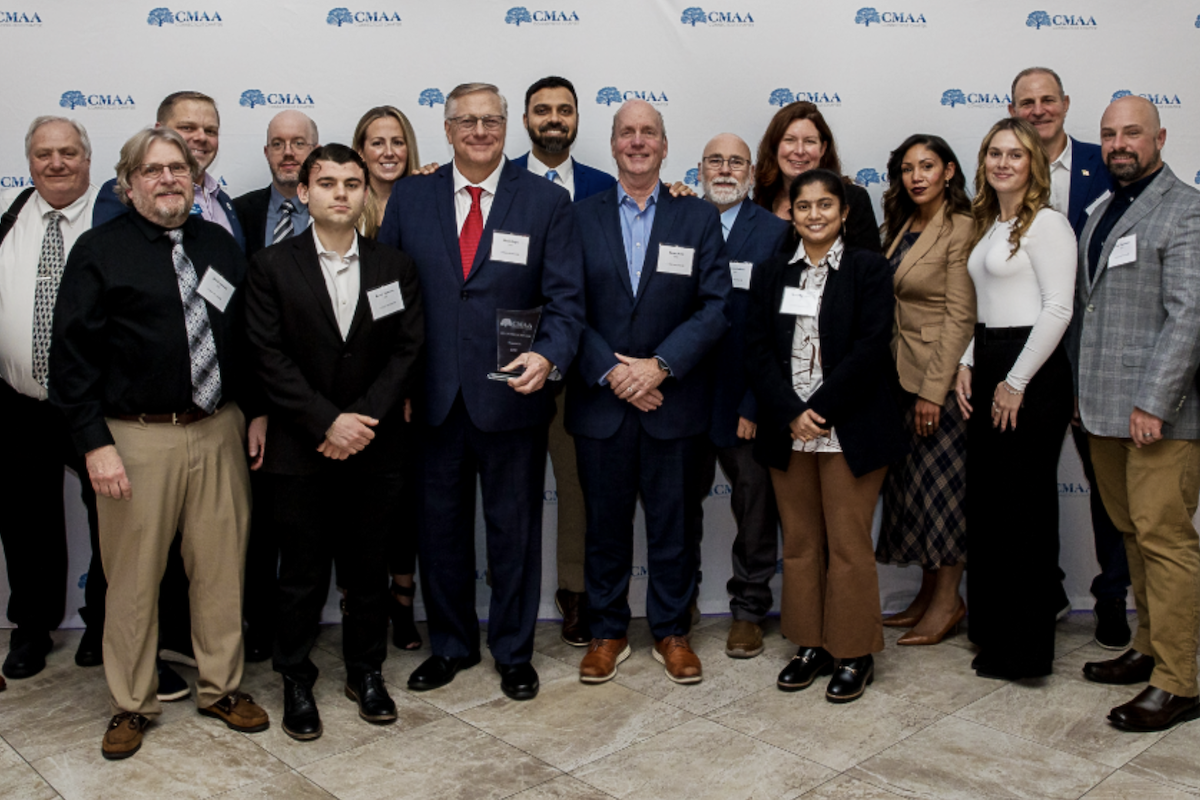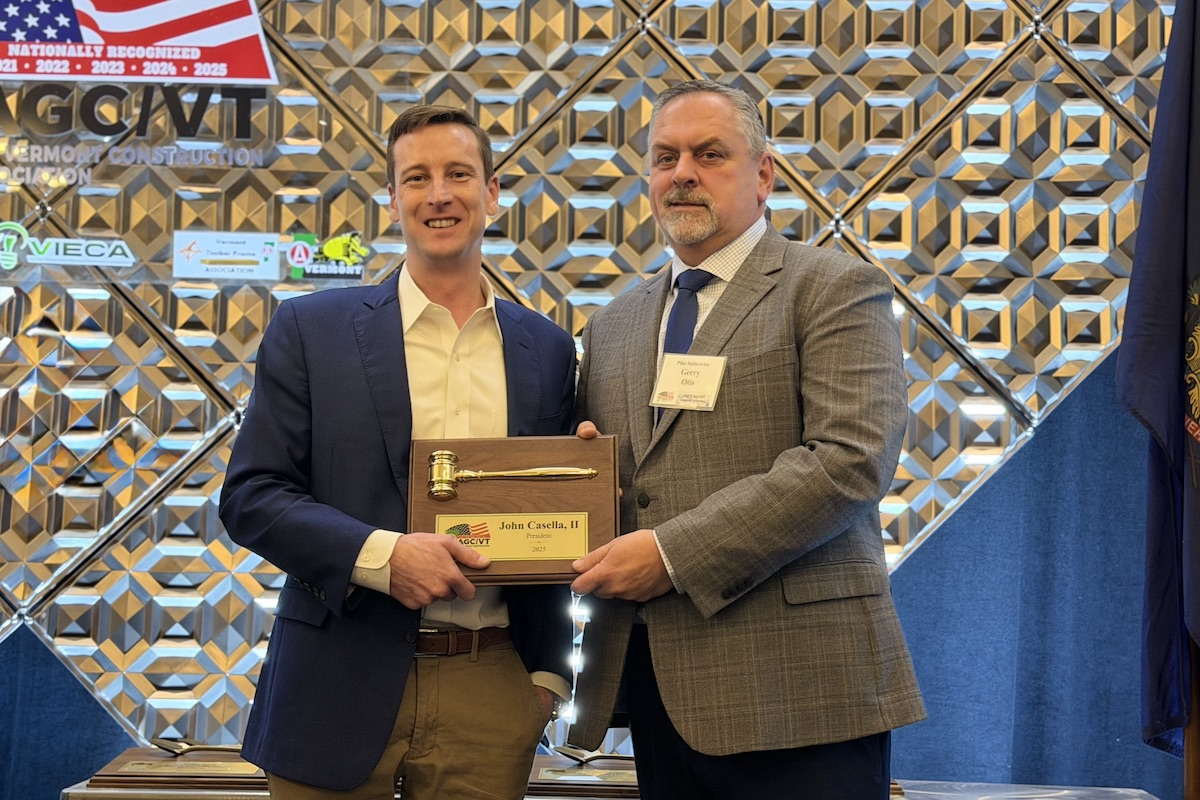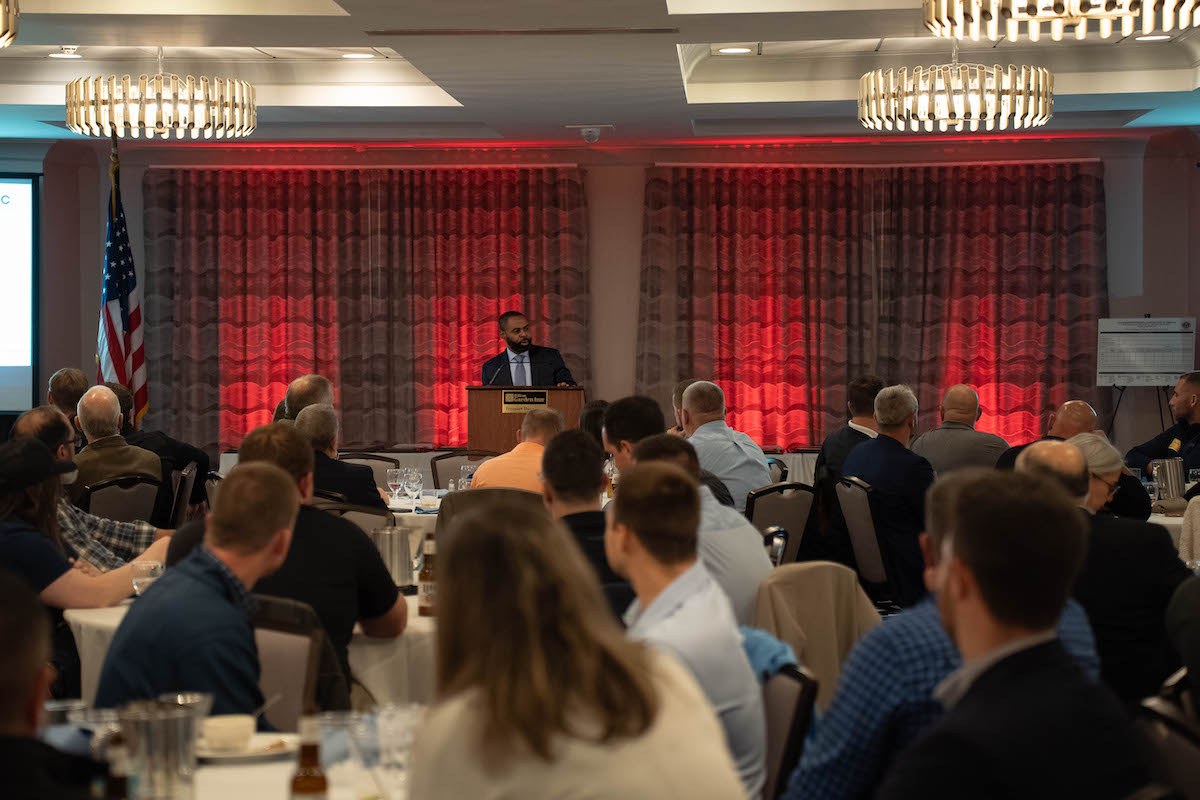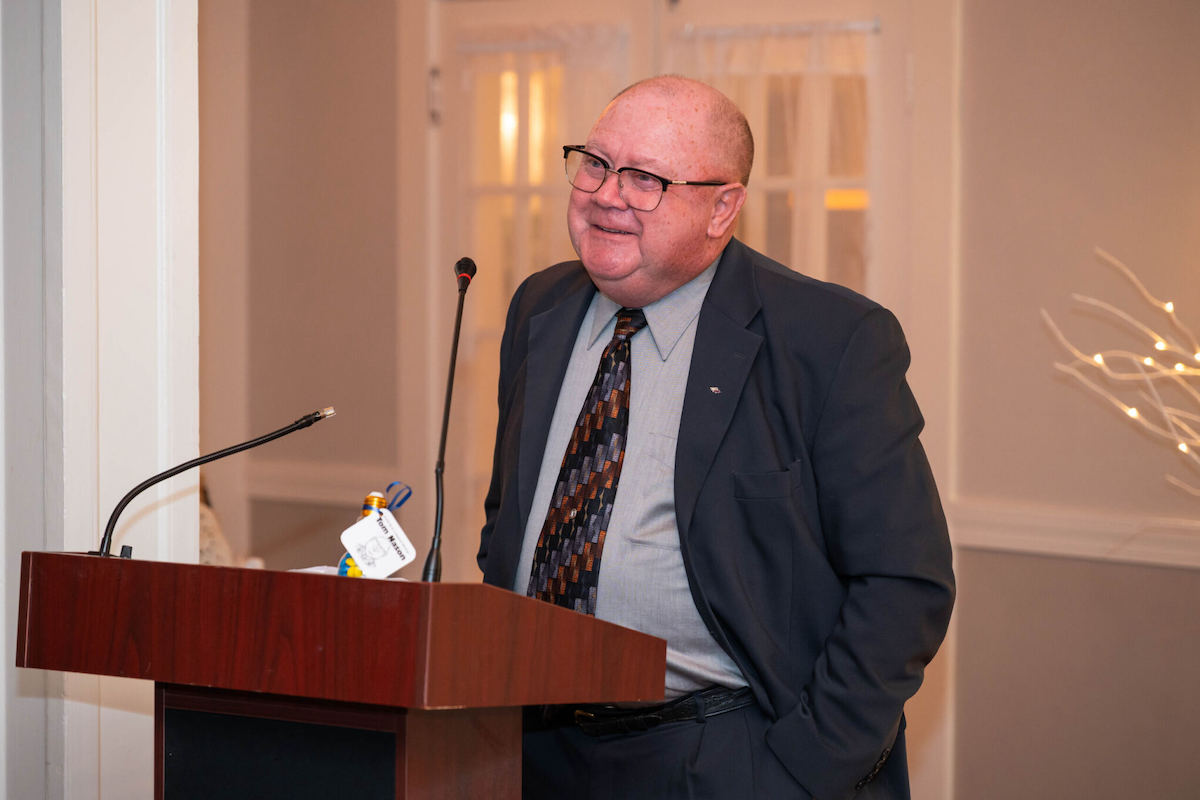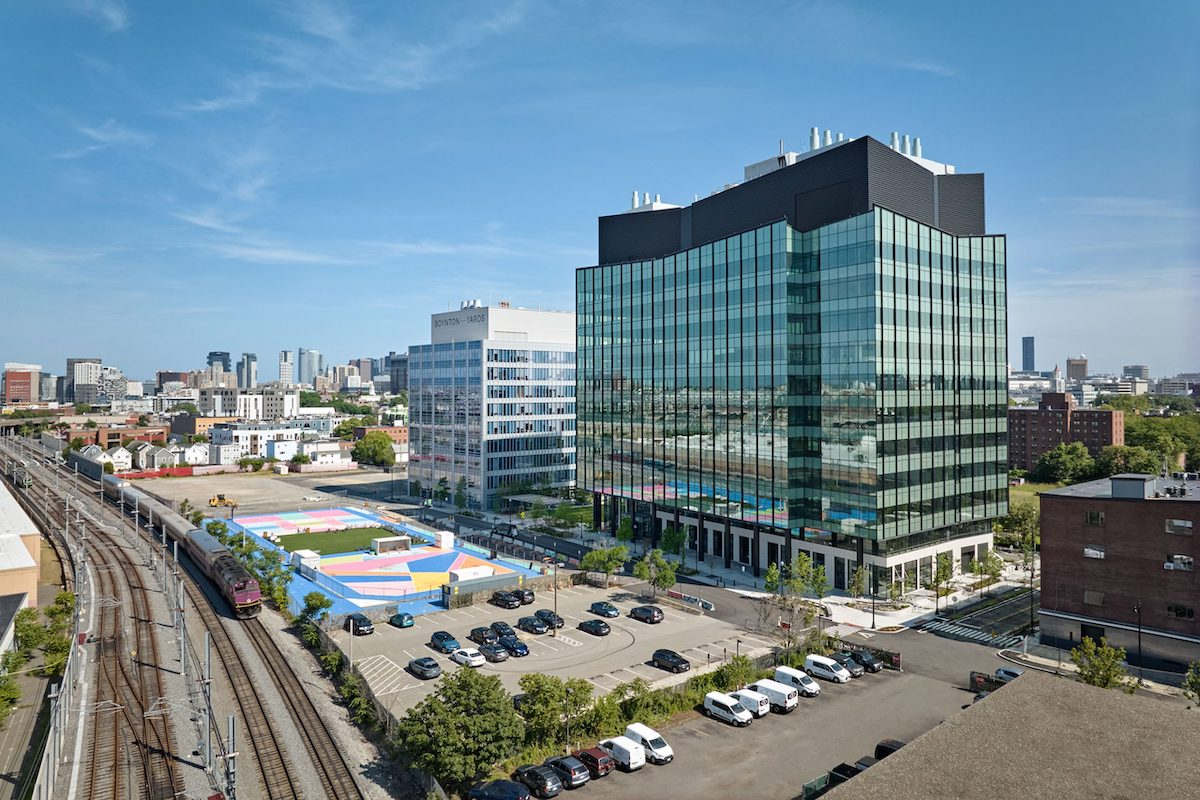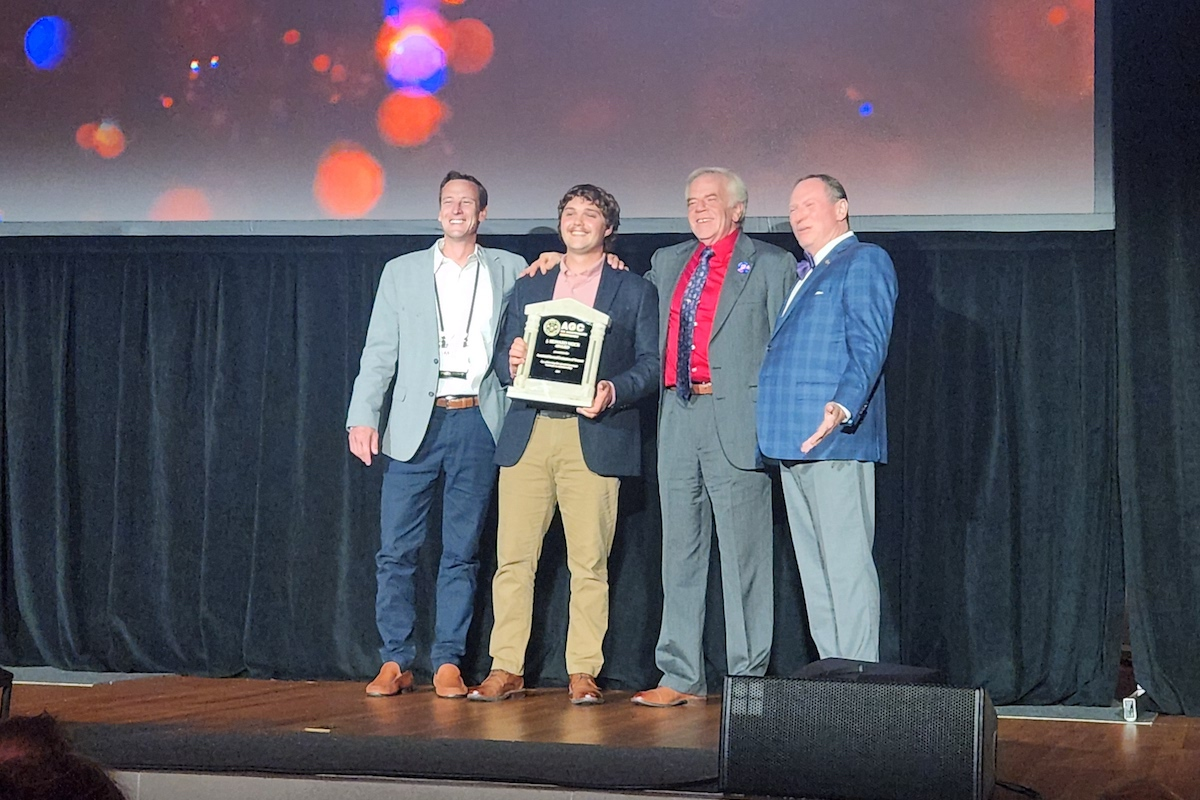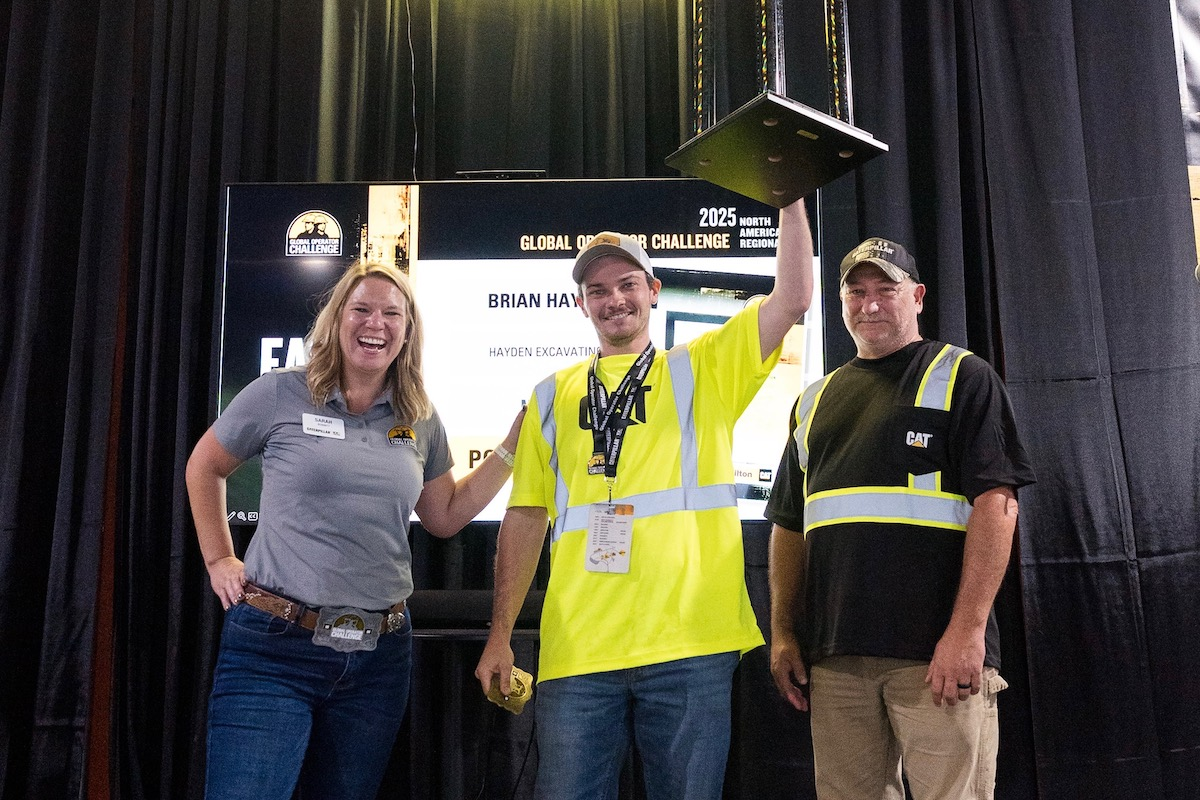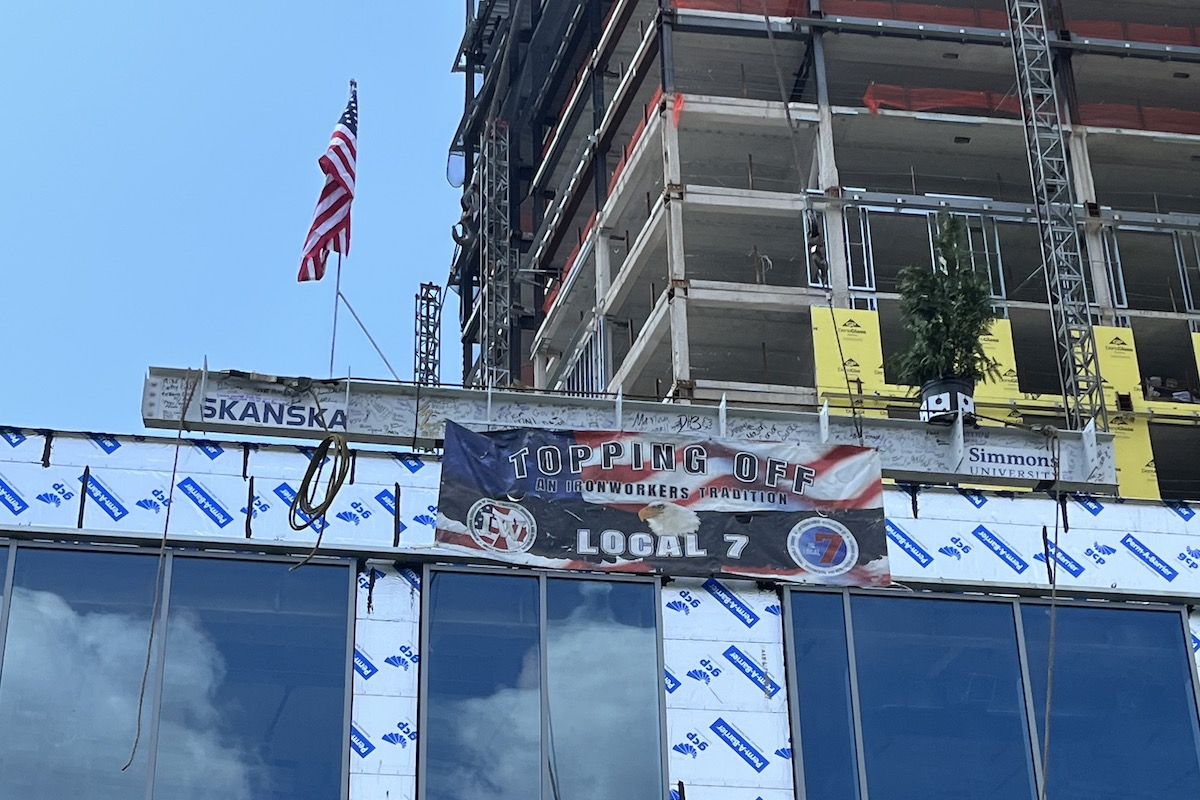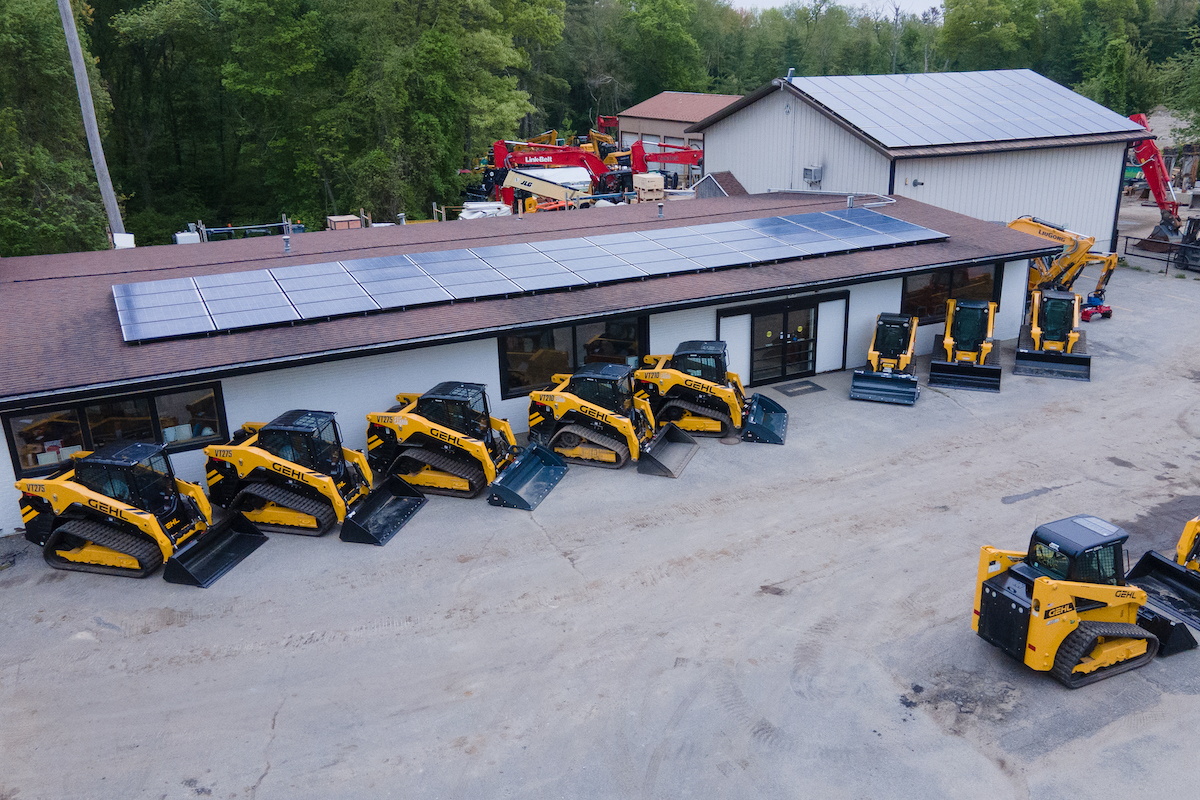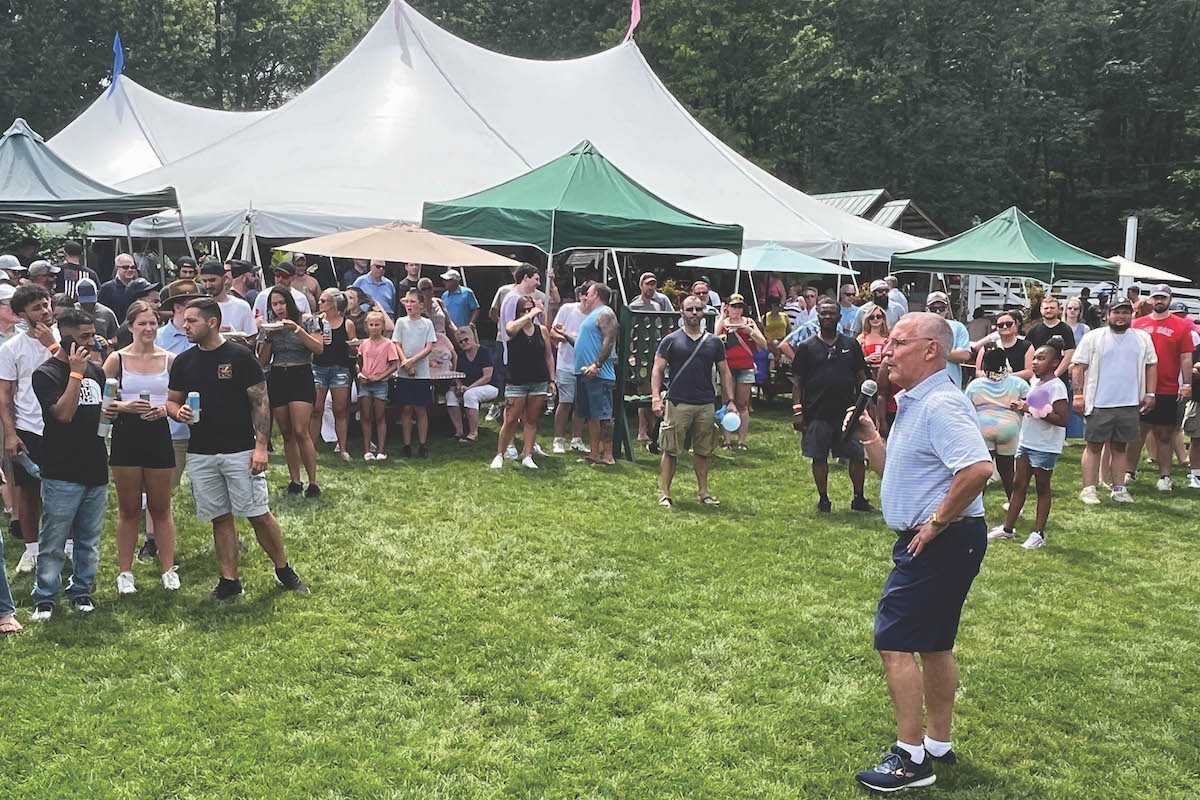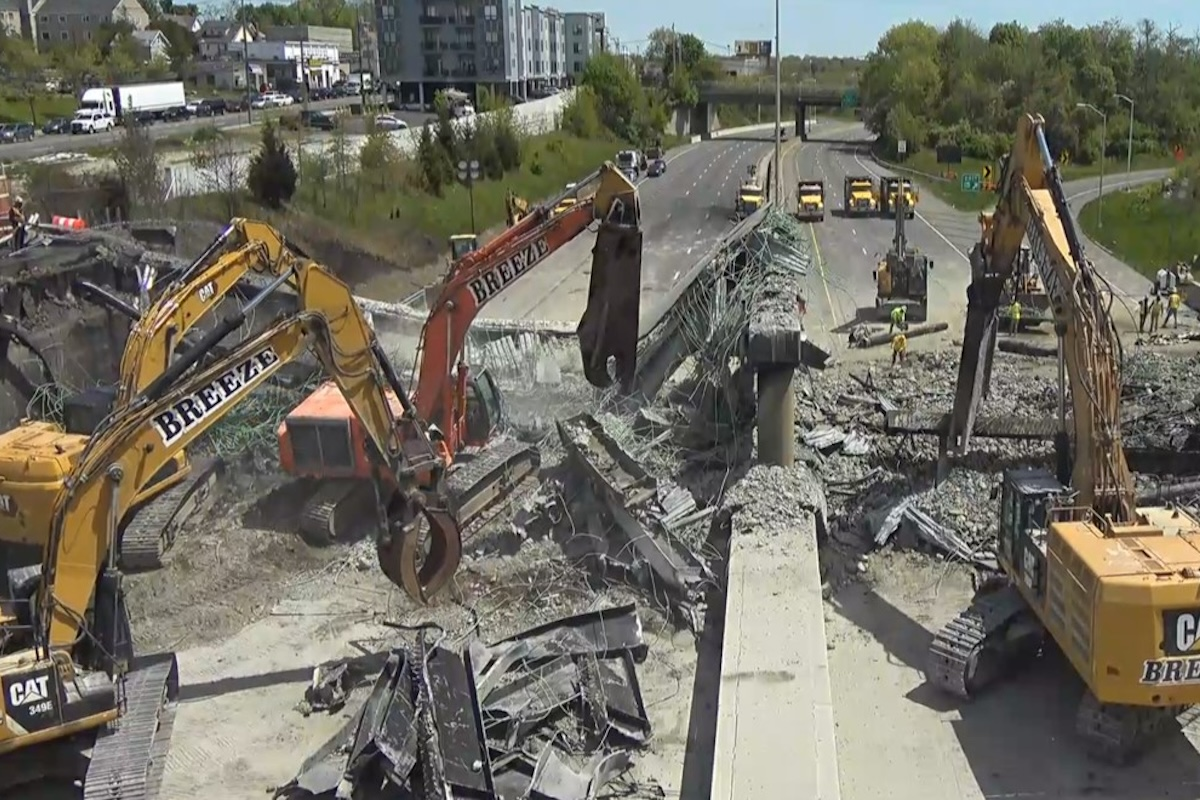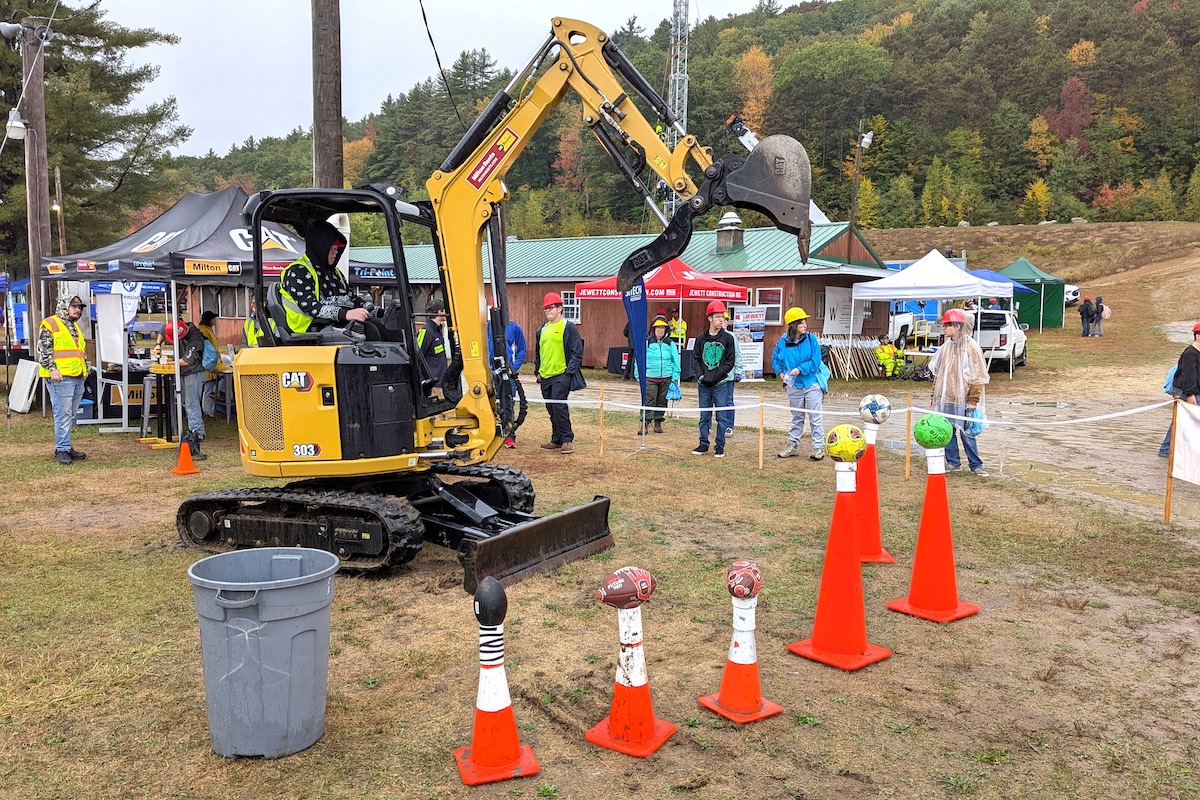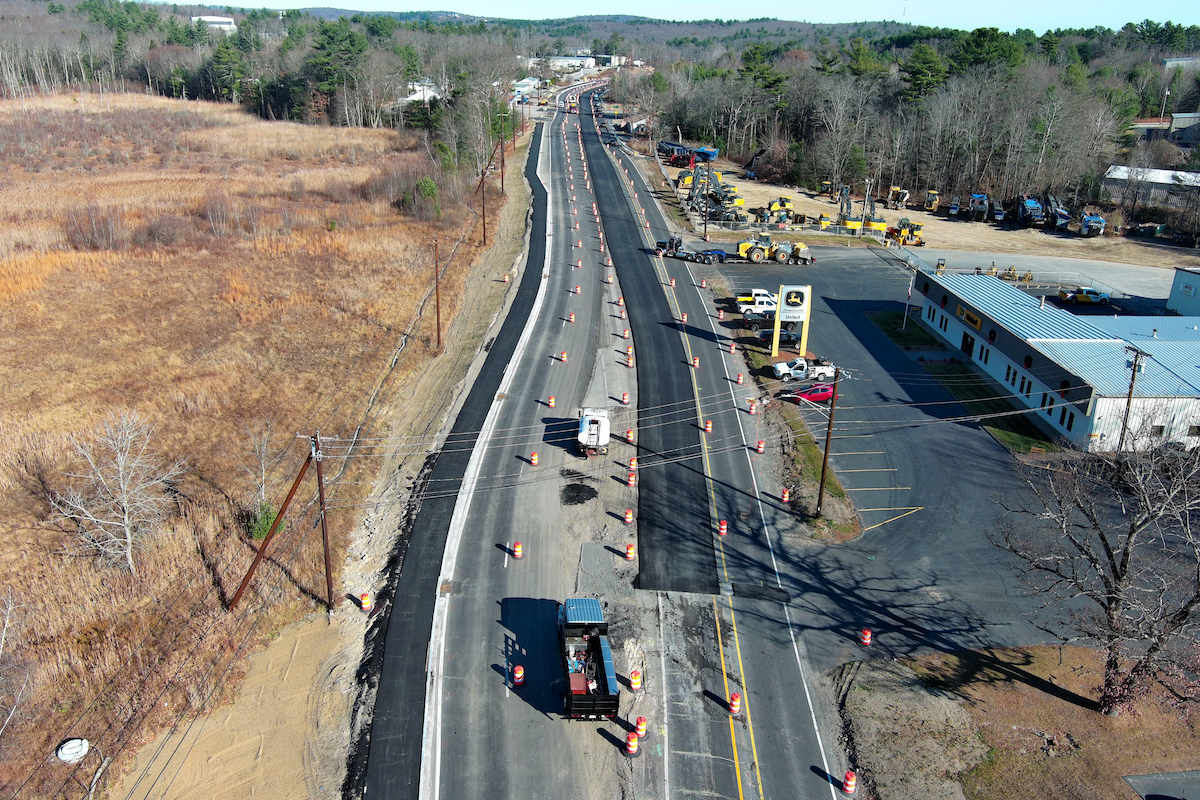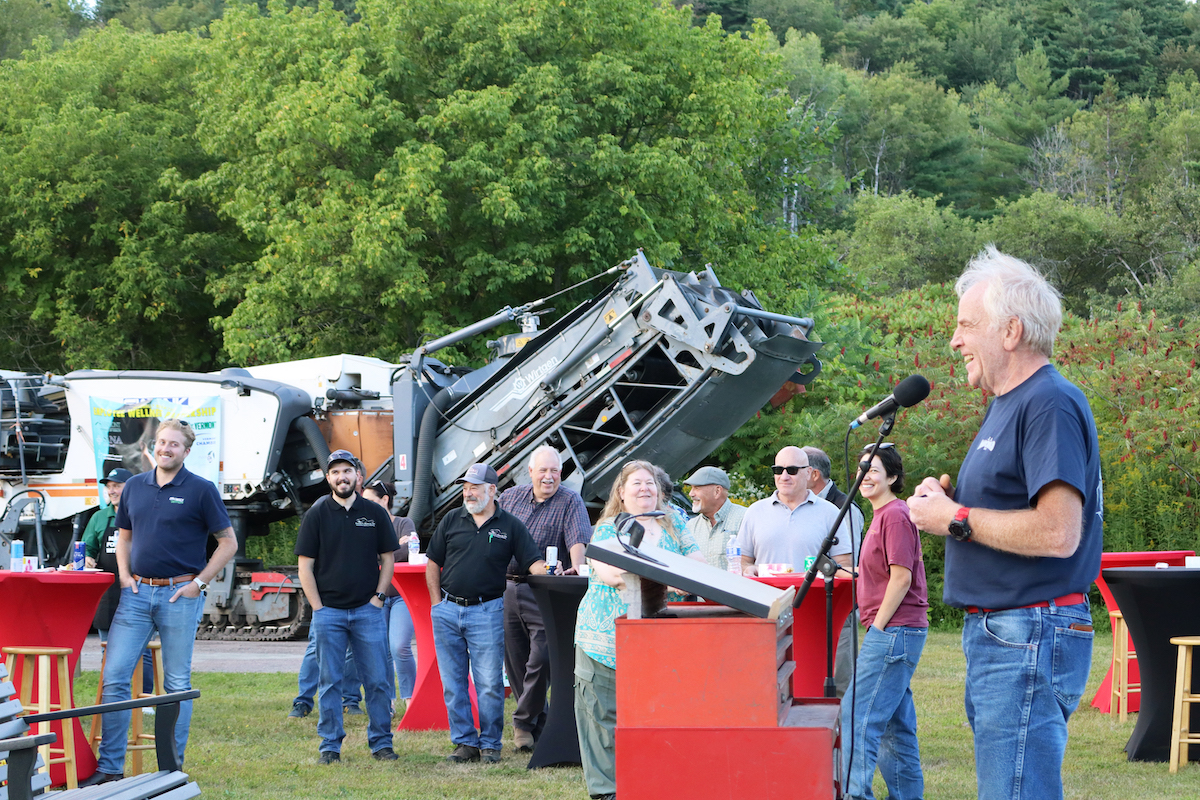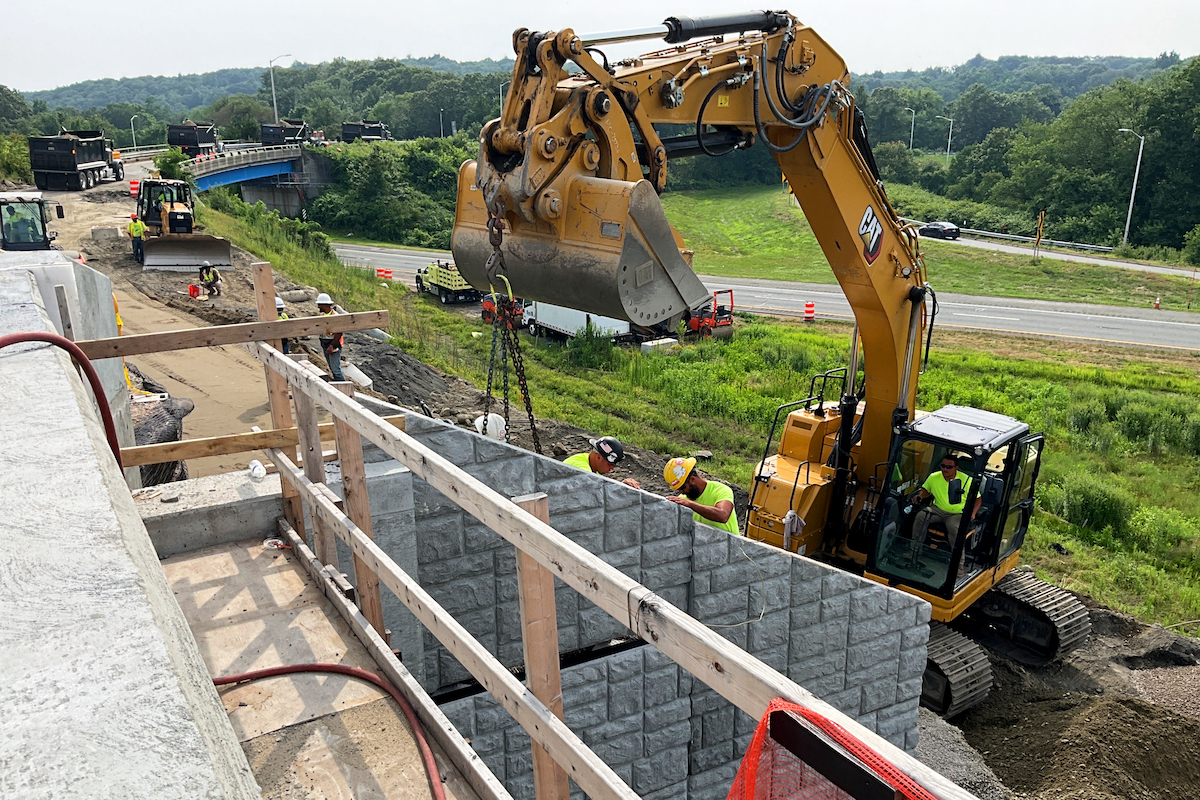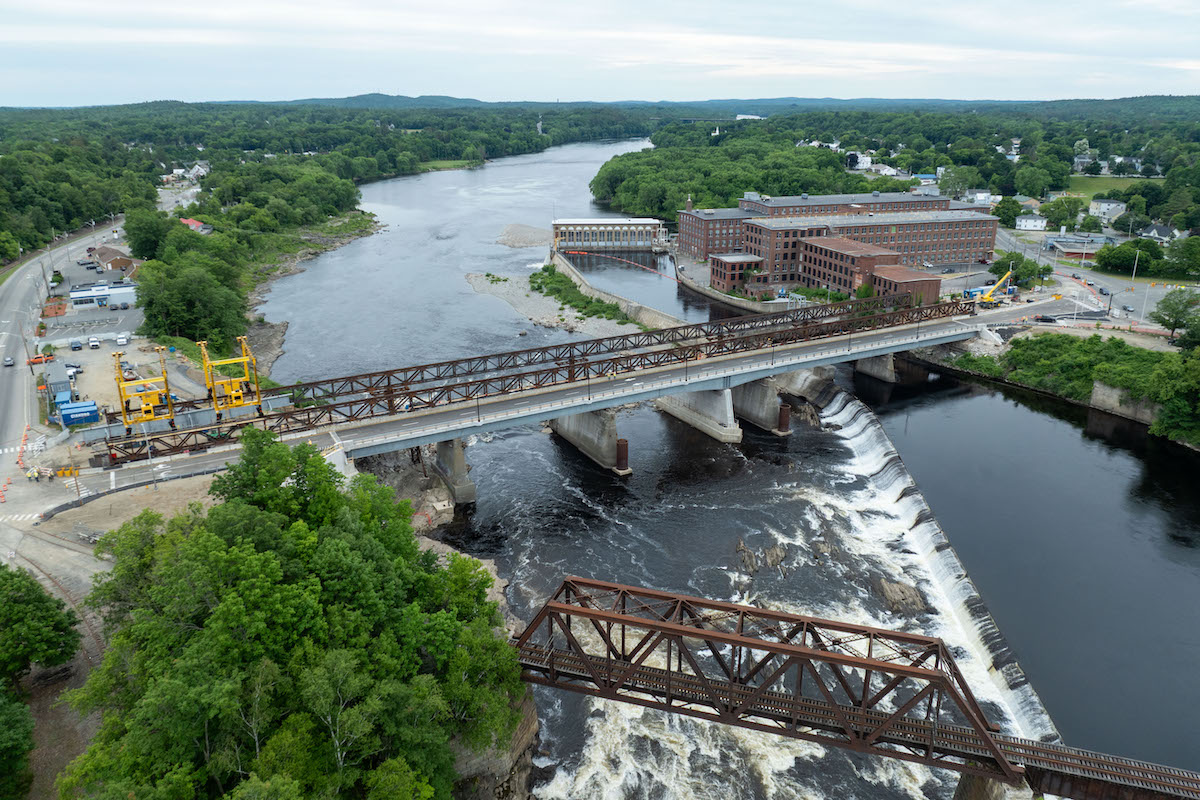Kienle, a member of the American Institute of Architects Indiana (AIA) since 1976, was an icon at AIA Indianapolis meetings and events where he was always smartly dressed, wearing a bow tie and often an Ohio State University ball cap. He was a longtime Historic Preservation representative for the AIA Indianapolis Board of Directors and on the AIA Indiana Fellowship Committee.
“Jim was a constant, steady, and informative presence when it came to any issue related to historic preservation,” said Jason Shelley, Hon. AIA, Executive Director of AIA Indiana. “He always was there reminding our members, board members, just everyone about historic preservation and the importance of it. He had an extreme passion for good design, with a particular emphasis on historic preservation.”
He lobbied at the statehouse and testified in state legislative committees on behalf of AIA Indiana on issues regarding historic preservation and housing. In 1993, he worked with fellow AIA Indianapolis members to write and publish the book, Indianapolis Architecture: Transformations Since 1975. Kienle was elevated to the AIA College of Fellows in 2004 and received the AIA Indiana Gold Medal Award in 2015. It was among several awards and recognitions he received for his dedication and talents.
Kienle pioneered the revitalization of historic resources in Indiana through the preservation and adaptive use of residential, commercial, and institutional projects. It began when Kienle and his wife of nearly 56 years, Marjorie, were offered an abandoned, dilapidated 1872 Victorian house. They moved the house from Broadway to East New York Street in Lockerbie and then spent six months renovating it. People thought the couple was crazy for investing in downtown, as Lockerbie was filled with vacant houses and people were fleeing the city.

| Your local Wirtgen America dealer |
|---|
| United Construction & Forestry |
| WI Clark |
“We ended up working with three different realtors because we couldn't find one that seemed to understand what we wanted,” Marjorie said. “We would tell them that we wanted to live in a historic neighborhood, preferably one where Jim could walk to work, and all three of them took us to Carmel or north of 86th Street. One of them actually said to me, ‘You have to think of your professional image. You cannot live below 86th street.’ I was stunned.”
When Kienle and Marjorie first pursued a mortgage loan for their historic home in Lockerbie, Marjorie said banks just laughed at them.
“They didn't even try to disguise it,” Marjorie said. “They said ‘Oh my god, that's a redlined area. We can't loan money there.’”
The Kienles did not listen to naysayers. They raised their two children in that Lockerbie house, showed it off to the community during an Architects’ Home Tour, and made it their home for the last 45 years.
As a partner at Archonics Design Partnership, Kienle designed Indianapolis’ first major adaptive use of a significant industrial building for residential use, turning the Lockerbie Glove Company into 62 condominiums. His work in preservation of commercial structures contributed significantly to the urban renaissance in downtown Indianapolis.

| Your local Volvo Construction Equipment dealer |
|---|
| Tyler Equipment |
“Most cities and states don't have a Jim Kienle,” Shelley said. “He was nationally-renowned for his historic architecture abilities, and we were so fortunate to have someone of that skill level with that amount of knowledge here in our city and in our in our state.”
A diehard Ohio State University fan, Kienle worked for two different Columbus, Ohio, firms after graduating in 1967 from Ohio State. In 1971, he worked for a new organization, Modular Housing Systems, in Pennsylvania.
“I was intrigued by the creative possibilities of these modular homes,” Kienle said in an article in the Indianapolis Star in 2015. He designed modular homes at a dizzying pace that were built all over the East Coast.
He later worked on master plans and renovation projects all over the country, including the restoration and master plan of the Kentucky State Capitol complex, the Mary Switzer Building just off the Mall in Washington, D.C., the old Executive Building, the Pentagon and many more.
With a passion for historic preservation, Kienle designed the renovation of Morrison Opera Place, an 1871 Italianate brick warehouse in the Wholesale district, which was a watershed product in the revitalization of downtown Indianapolis. It was the city’s first major reuse of a 19th century commercial building. This project along with a handful of others, including the transformation of The Circle Theater (one of Kienle’s favorite projects), led the way to further historic development in downtown Indy and forged the way in establishing preservation as a practice for other Indiana architects.

| Your local Case Construction Equipment Inc dealer |
|---|
| Beauregard Equipment |
| Monroe Tractor |
After 28 years as a partner at Archonics Design Partnership, the firm merged with HNTB in 1985 and Kienle became Vice President and the National Director of Historic Preservation Architecture. In 2003, Kienle started his own boutique firm, James T. Kienle & Associates. He merged his practice with Moody Nolan in 2009, where he continued to focus on historic preservation.
Kienle was on the Indianapolis Historic Preservation Commission for 25 years, serving as President for 12 years. He was also on the boards of several other nonprofits, including Indiana Landmarks and the City of Indianapolis’ Urban Design Oversight Committee.
Marjorie said Kienle’s passion for historic architecture and public service meant he felt a personal responsibility to give back to the architecture profession as well as his community.
A constant presence at AIA programs, Kienle attended nearly every meeting with a unique enthusiasm and willingness to share his expertise with other architects as an advocate for good design.
“You have some members who kind of come in and out sometimes, but Jim was always there,” Shelley said. “He was always at our programs, always at the conventions, always at our board meetings. He was so consistent that he made an impact on so many people just because he was there.”

| Your local Hyundai dealer |
|---|
| Equipment East |
Marjorie said, “Jim really loved architecture and was still working when he died. He had a project working on Union Station, and he was in tears with me, because he said, ‘I've never not finished a project. I can't die. I've got to finish this project.’
In the days before his passing, Kienle was visited by dozens of architects who expressed their gratitude and admiration for Kienle’s lasting knowledge and humility.
“At his visitation, there was a guy who worked in the kitchen of one of Jim's favorite restaurants, there was the German butcher, there was a past mayor, two past Supreme Court justices, his tailor ... the whole gamut of people,” Marjorie said. “He just loved people. He enjoyed people and spent time talking to them and listening to them.”






















